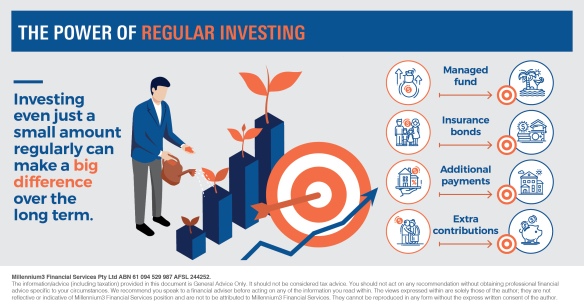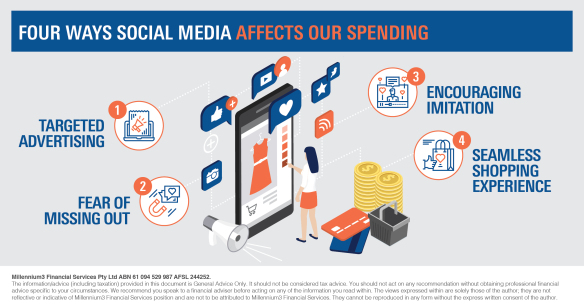Owning and operating a small business is hard work.
The last thing you need is to lose it all because of poor insurance choices.
Do your homework
First you need to work out what needs to be covered. There are the obvious things such as plant
and equipment, the less obvious things such as public liability, professional indemnity, and finally protecting the financial performance and position of the business on the sudden loss of a key person.
Policies should cover a wide range of eventualities and each business should have a policy package specifically geared to its needs.
People are the most important assets, and the success of the business may hinge on key personnel.
Business expense insurance can cover certain fixed business expenses, and key-person insurance can protect the financial performance in the event of a key person or business owner dies, is permanently disabled or suffers a traumatic event.
Insufficient coverage
Owners risk losing control of their companies, serious financial losses, and complex partnership problems by being uninsured, or under insuring against something going wrong.
Having the wrong kind of insurance is equally risky and ultimately a waste of money, which is why
it’s necessary to seek advice on the right insurance for your business.
It’s also important to regularly review and update your insurance, especially when your business grows or changes.
There is always tax
Your accountant should assess all taxation matters including the tax deductibility of premiums together with any potential CGT or GST issues.
Working together with your financial adviser to determine what insurances can be put in place
is an important consideration when running a business.
The Insurance Council of Australia, http://www.understandinsurance.com.au, and the Australian Taxation Office, http://www.ato.gov.au, have more information.
Want to know more?
Talk to a BlueRocke financial adviser, call us on 1300 71 71 36.




